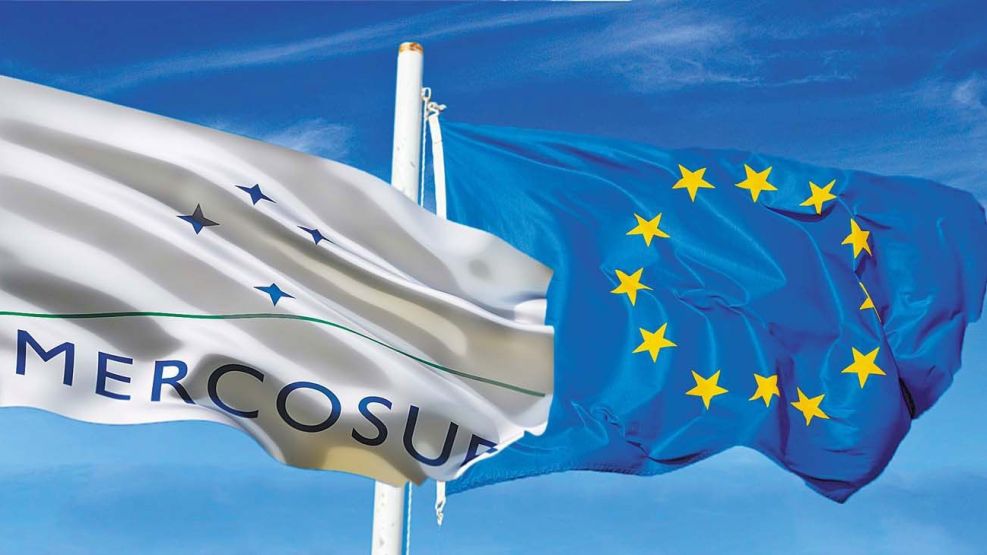Germany’s shifting role in global trade is more than just a headline—it’s a narrative that unfolds with every diplomatic move and policy decision. From the bustling streets of Berlin to the historic avenues of Paris, the Mercosur deal is taking center stage, with Chancellor Merz eagerly awaiting France’s nod to propel the EU’s trade agreement forward.
“The d’accord from Paris to Mercosur is crucial. French concerns are the final frontier we need to cross,”
remarked a European Commission official, highlighting the significance of France’s stance on this pivotal trade deal.
To address French apprehensions about an influx of South American meat flooding European markets, Brussels is considering an additional protocol. This measure aims to shield EU farmers from potential challenges posed by the Mercosur agreement. President Macron’s advocacy for this safeguard underscores the intricate balancing act required for international trade negotiations.
In a strategic move, Germany has positioned itself as a key advocate for the Mercosur pact, emphasizing its importance in fostering future free trade agreements. Minister Reiche has underscored this point in her speeches, pointing out that German exports to Mercosur countries amounted to billions of euros—a testament to the economic stakes involved.
The impact goes beyond mere numbers; it resonates in communities where livelihoods depend on these trading relationships. Approximately 240,000 jobs are directly linked to German exports to Mercosur nations—an essential aspect often overlooked in high-level discussions but critical for everyday workers and their families.
As Ursula von der Leyen ceremoniously signed the agreement last December after decades of negotiations, hopes soared for swift ratification by EU member states. This momentum sets the stage for potentially transformative changes in transatlantic commerce—a ripple effect felt not only across Europe but also within grassroots economies.
Looking ahead, the revised text of the agreement promises imminent clarity as it navigates through legal scrutiny before reaching national governments—a procedural dance that could determine the fate of millions impacted by these trade dynamics.
Meanwhile, closer to home, Minister Hubertz finds herself under scrutiny for her housing legislation proposals. Critics argue that her plans may fall short of expectations and could impede much-needed construction initiatives aimed at addressing housing shortages across regions like North Rhine-Westphalia.
Her vision for expanding gas-fired power plants sparks debates about energy transition strategies and their implications on green hydrogen development. Industry experts caution against overlooking long-term sustainability goals while ensuring energy security—a delicate balance requiring nuanced planning and foresight.
Amidst global trade complexities and domestic policy challenges lies an opportunity—Germany’s outreach towards Eastern European partners signals a fresh dialogue aimed at bolstering economic ties and fostering mutual growth opportunities across borders.
Through partnerships with esteemed economists like Veronika Grimm and Volker Wieland, Germany seeks diverse perspectives on navigating complex economic landscapes while staying true to market-oriented principles—an approach characterized by adaptability and openness towards innovative solutions.
In conclusion…
From Brussels’ corridors of power to Berlin’s bustling streets, each decision shapes Germany’s evolving role in global economics—one intertwined with diplomacy, strategy, and a commitment to sustainable growth paths amidst ever-changing trade dynamics.

